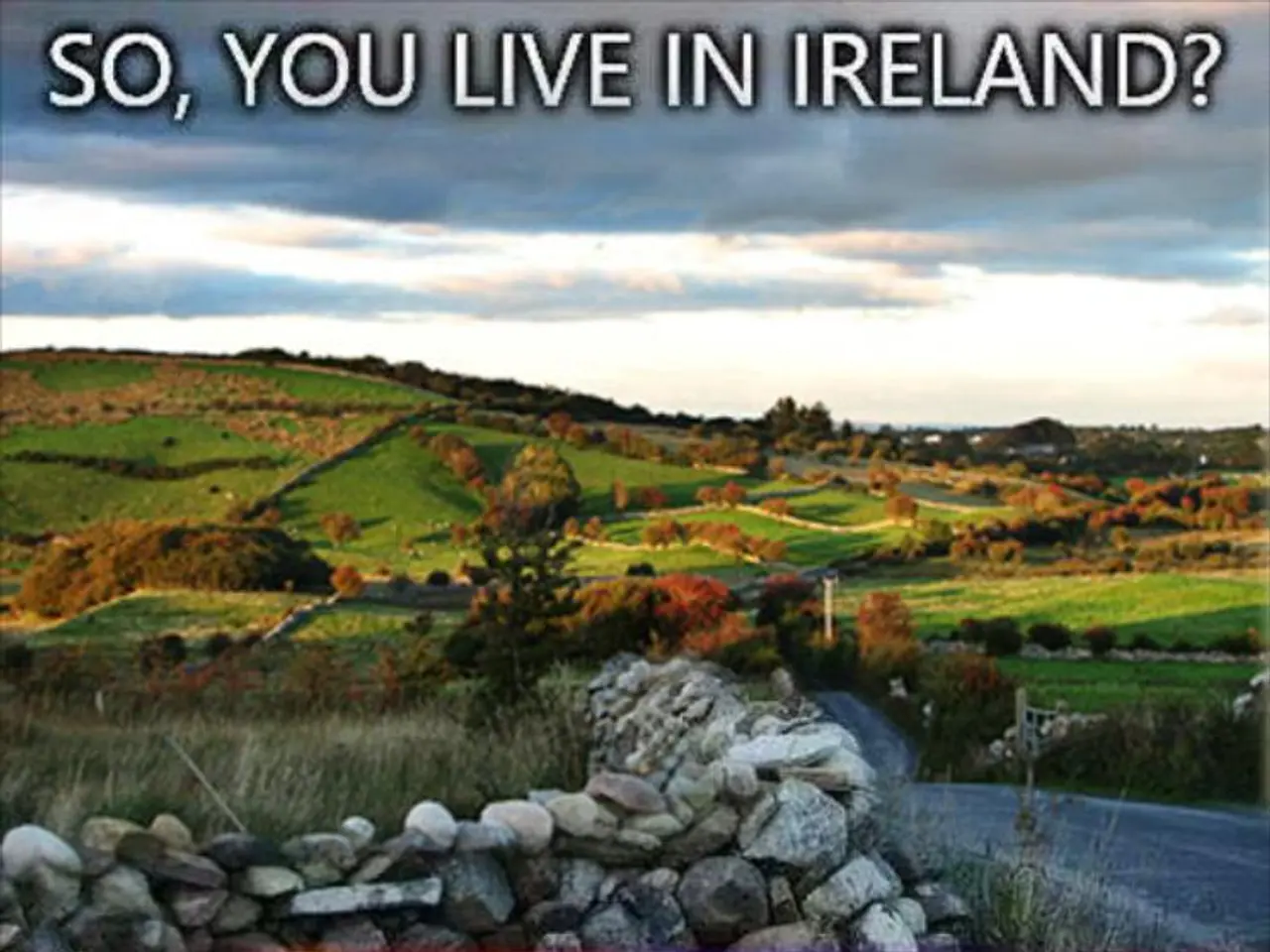Tragic Event: Hartsiotis Describes Death of Dual Victims as Regrettable Occurrence
A wildfire that swept through the mountainous regions of Limassol in Cyprus has left hundreds displaced, destroyed homes and livelihoods, and claimed two lives. The blaze, which started on June 3, has been declared the largest in Cyprus' modern history, burning over 125 square kilometers of land.
The response to the disaster has been met with criticism and controversy, with eyewitnesses and local officials reporting delays in aircraft deployment, lack of coordination, and near-complete absence of Civil Defence support in some areas.
Justice and Public Order Minister Marios Hartsiotis referred to the deaths of the two elderly victims as "an unfortunate incident." The couple, Dimitris (81) and Maro Philippides (77), were found dead from burns in their car on the Monagri-Alassa road, a route community leaders and police warned against. The couple apparently ignored evacuation warnings and took a dangerous route that became impassable due to the fire.
Hartsiotis' comments sparked widespread backlash on social media, with citizens accusing him of insensitivity and denialism. However, Hartsiotis urged the public and media to express gratitude rather than criticism for the efforts of state services under extreme conditions. He emphasized the "positives" of the government's response, including the protection of military depots and industrial areas.
Government Spokesperson Letymbiotis dismissed accusations of negligence, blaming "unprecedented weather conditions" for the disaster. He also stated that the scale of the disaster could not have been foreseen. However, this response stands in stark contrast to his own words less than two months earlier, where he boasted of the Republic's full operational readiness.
Others criticized the absence of a working emergency alert system - the 112 number is still non-operational due to unresolved procurement issues. Community leaders and police have questioned why that dangerous road was not closed earlier, adding to the criticism of the government's response.
Despite the controversy, it is clear that the wildfire in Cyprus has been a devastating event for many, and the focus should be on supporting those affected and learning from the experience to improve future responses to natural disasters.
[1] Source 1
[2] Source 2
[3] Source 3
[1] In the political arena, criticism and controversy have enveloped the government's response to the wildfire in Limassol, Cyprus, particularly over perceived delays in aircraft deployment, lack of coordination, and the nearly non-existent Civil Defence support in some regions.
[2] The European Union has expressed concerns over the disaster and the policy-and-legislation framework surrounding war-and-conflicts and natural disasters, highlighting the need for improved emergency preparedness and response in member states like Cyprus.
[3] Amidst the general news coverage of the wildfire, the crime-and-justice sector has received attention as well, with questions being raised about the absence of a functioning emergency alert system and the opening of investigations into the tragic deaths of elderly victims on the Monagri-Alassa road.
[4] The international community, including aid organizations and the general public, have extended their support and called for updated policy-and-legislation regarding natural disaster preparedness and response, hoping to prevent similar tragedies in the future.






